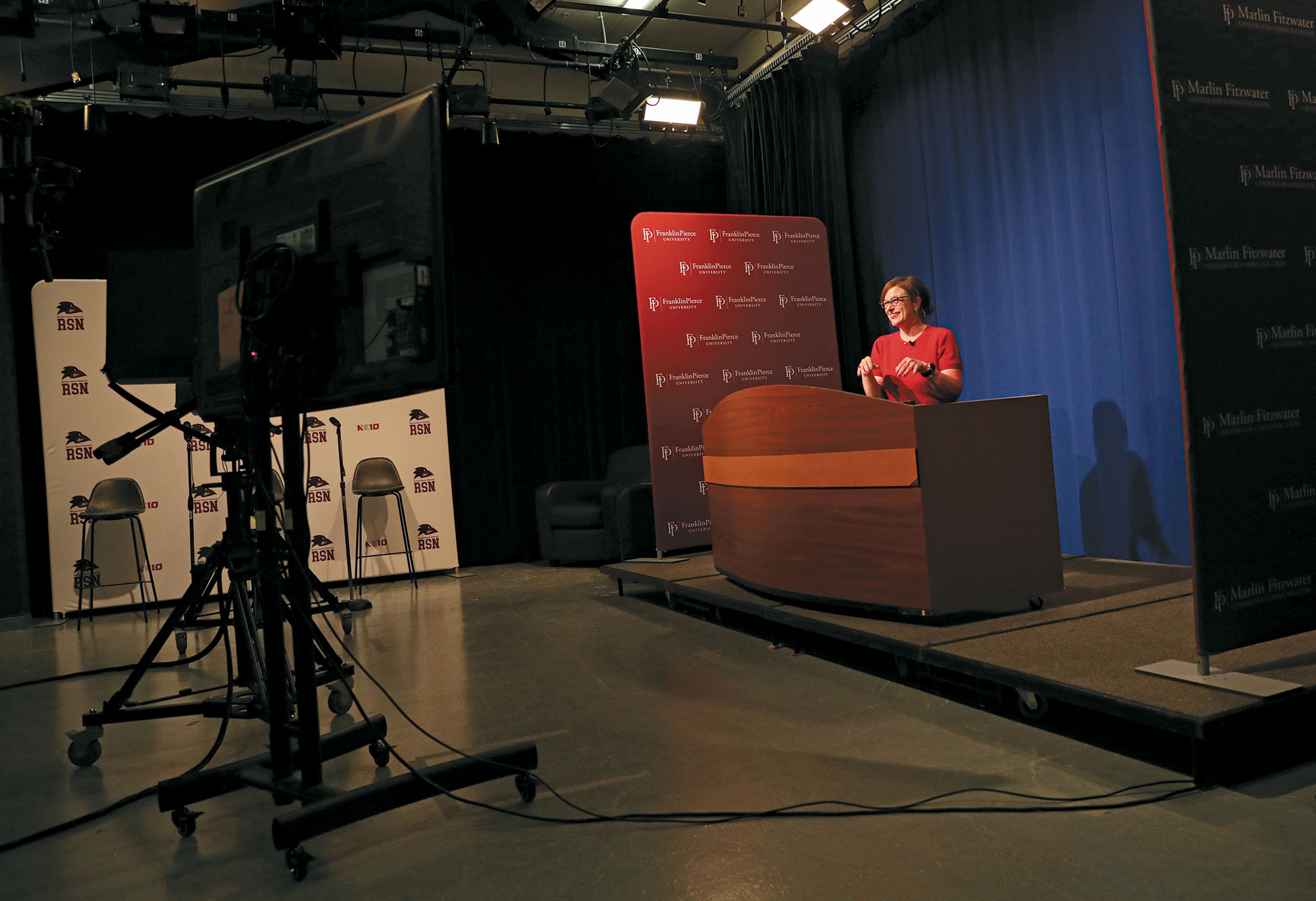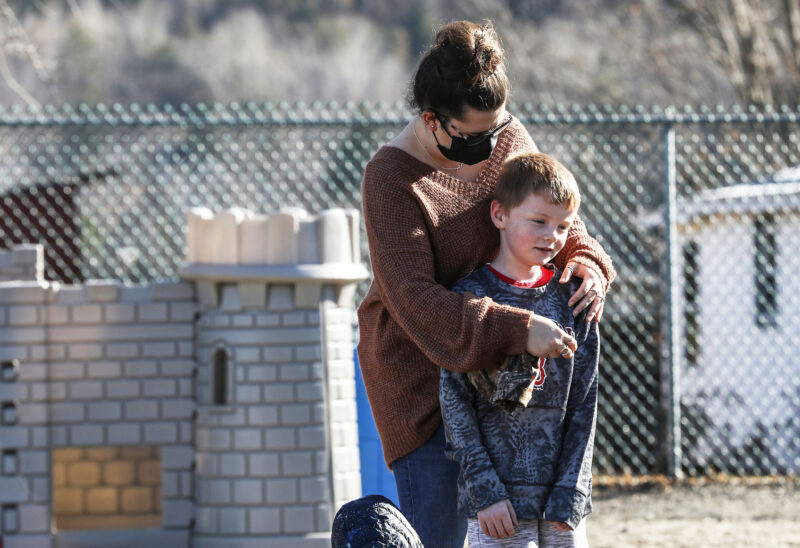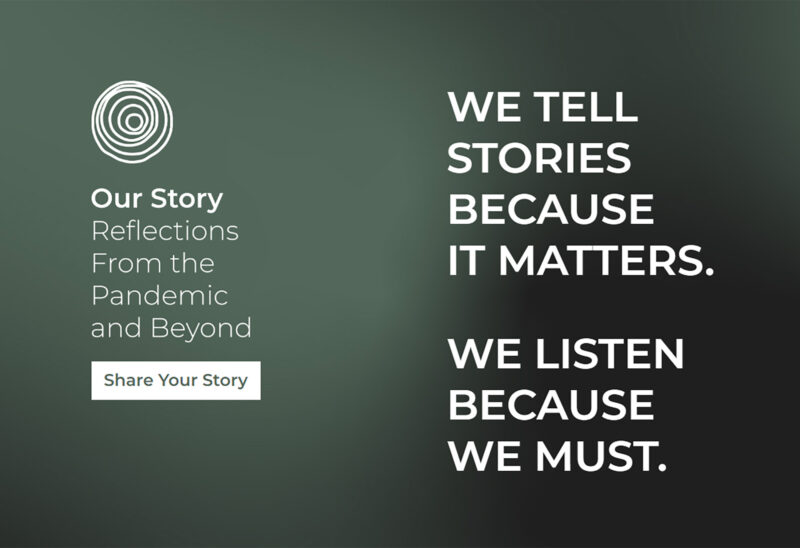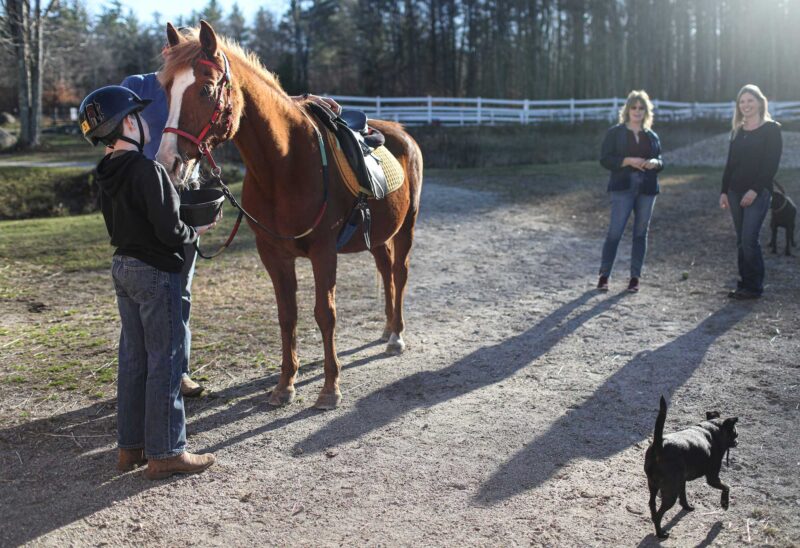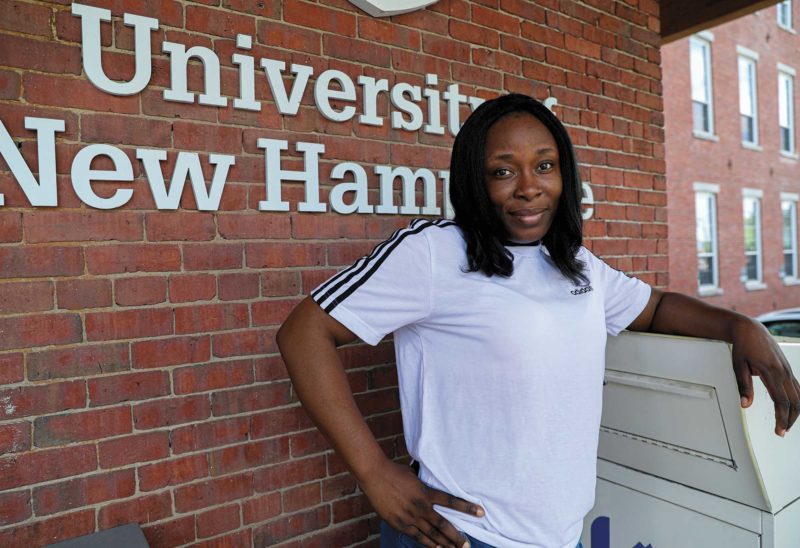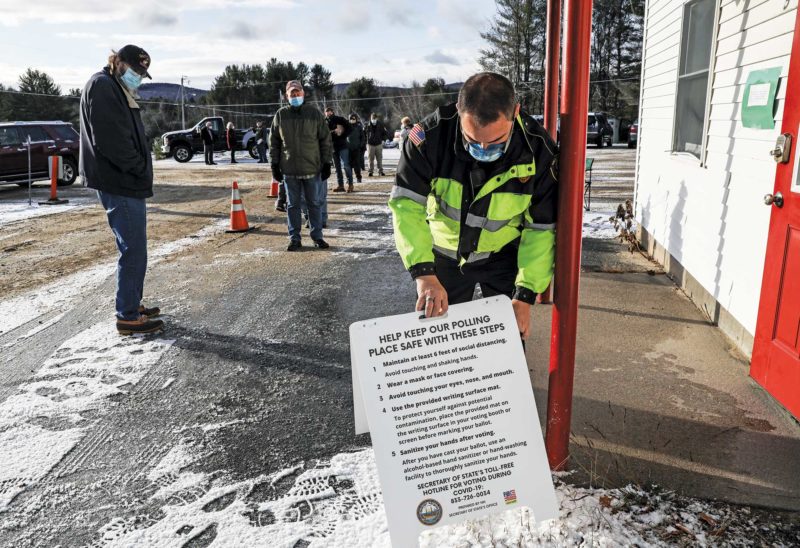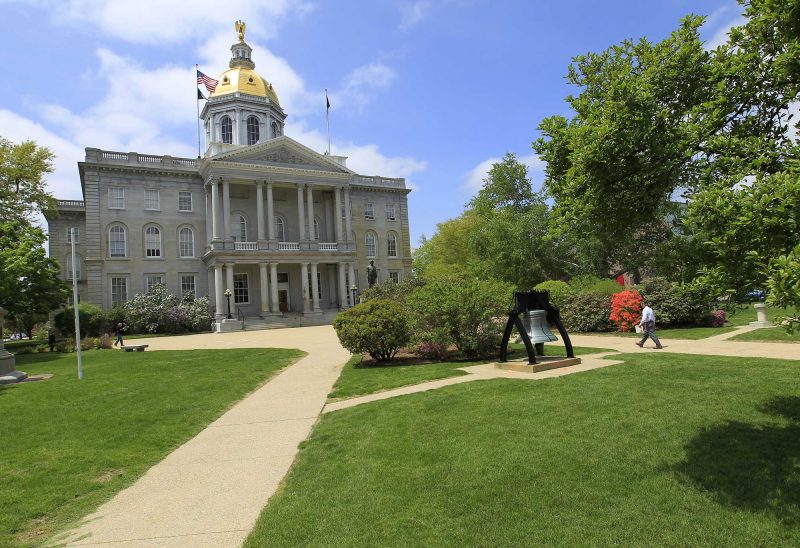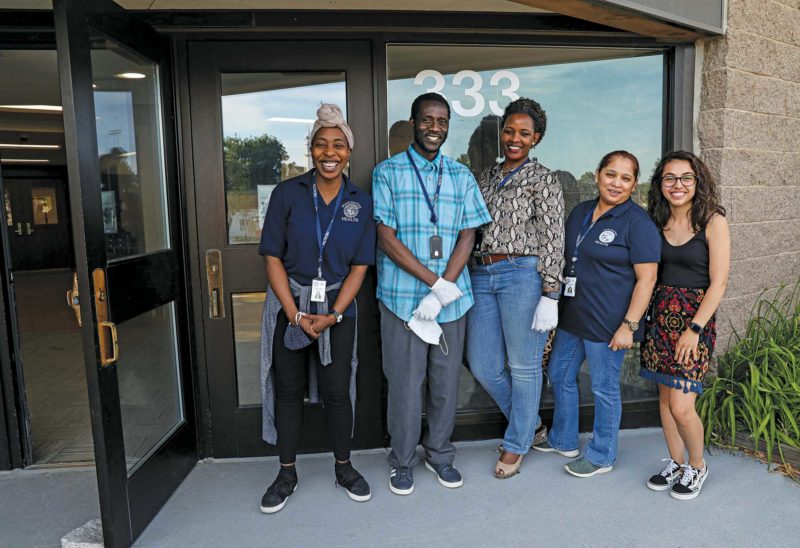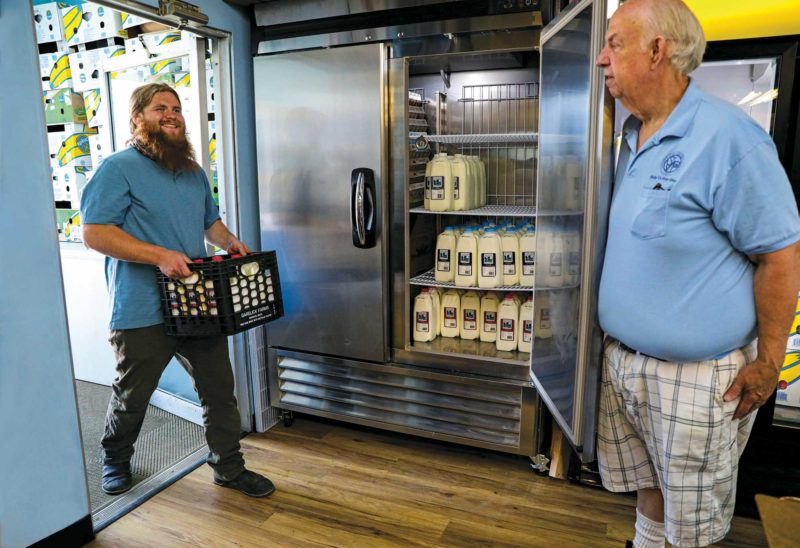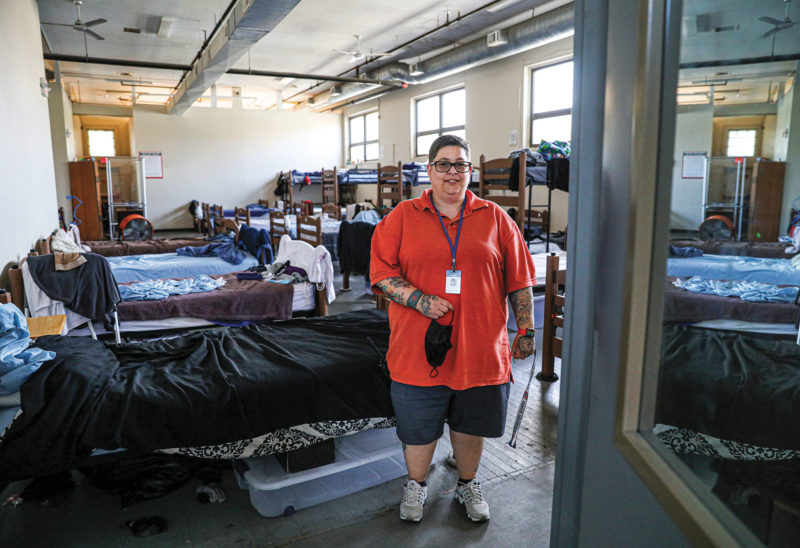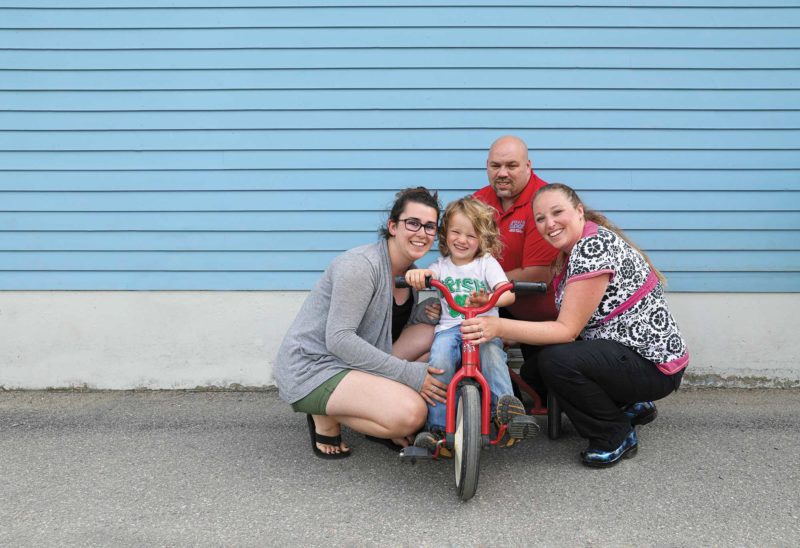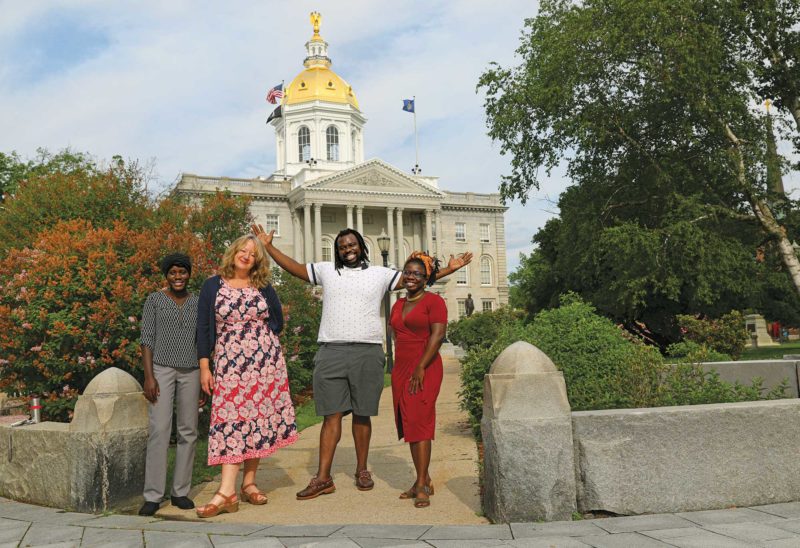Walter Cronkite said “journalism is what we need to make democracy work.”
But American journalism finds itself in a perilous place: Newspapers have shed half their newsroom jobs in just over a decade, leaving local news outlets able to cover a fraction of the issues they once could. New models to keep local journalism alive are springing up. In New Hampshire, one model involves dropping age-old competition in favor of collaboration.
The Granite State News Collaborative is a group of about 20 media and educational outlets that share content that can be localized to their regions.
When COVID hit and the economic shutdown reverberated through newsrooms, reporters and editors took pay cuts or were furloughed, and print editions were suspended. “But you still have to produce the news during a pandemic,” said Collaborative Executive Director Melanie Plenda. “That’s when people need us.”
A grant helped the Collaborative to hire laid-off journalists as freelancers — and to raise additional funds.
Stories with important public health news and information related to COVID were shared daily.
Recognizing a “news desert” for Spanish-speakers in New Hampshire, the Collaborative worked with New Hampshire Public Radio to help launch “¿Qué Hay de Nuevo, New Hampshire?” (“What’s New, New Hampshire?”), a Spanish-language broadcast initially focused on distributing critical public health news. The Collaborative has undertaken a multiyear project on race and equity, examining systems and policies in New Hampshire that have disproportionate impacts on communities of color.
Cronkite again: “I worry that we’re not getting enough of the news that we need to make informed judgments as citizens.” The News Collaborative is helping people in New Hampshire get more of the news they need to do just that.

